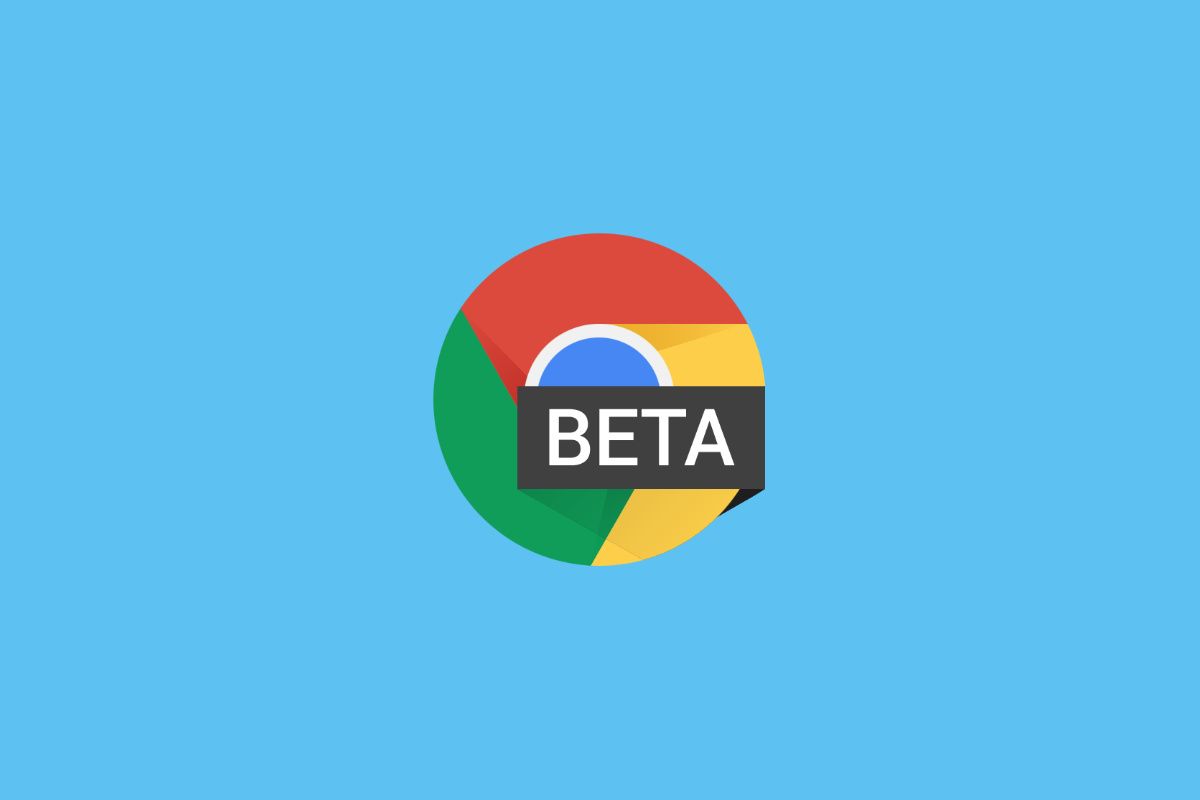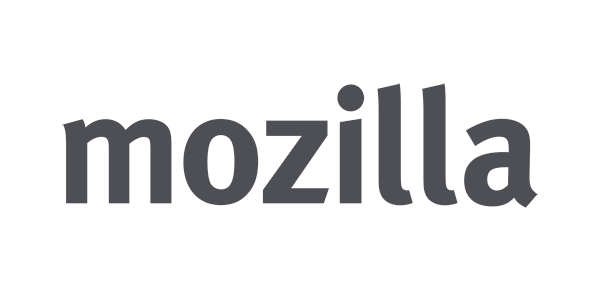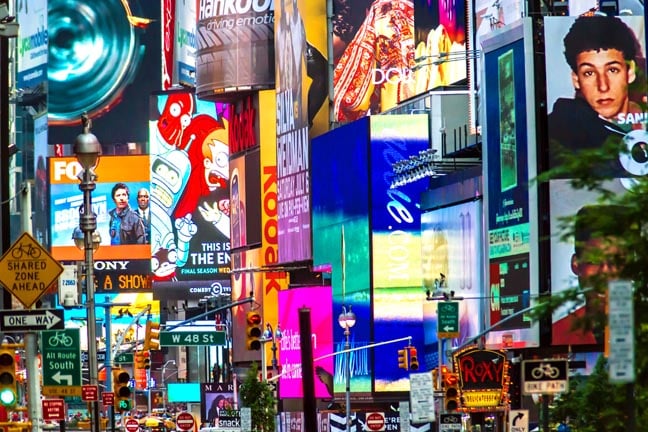What I have seen of young people confirms with what
@Nightwalker is posting. Younger generation accepts that advertising is a constant background noise. I don't have the source at hand anymore, but I have read a study on the correlation between the length and frequency of the advertising intervals corresponding with the the attention span (time) of kids at (high)school. Another observation study confirmed that youngsters pick up their phone and start to socialize digitally during TV advertising. They seem to accept and understand that advertising funds the 'free' internet services they are using (valid point made by
@blackice and
@oldschool).
The irony of advertising is that when everyone is shouting for attention, people tend to give less attention and are harder to reach. Brave's own advertising (from which people can still can opt out) has a 4 times higher click through rate than market average (that is an incredible 400% higher response).
So despite Google's big-data and user-tracking we will see more alternative advertising vehicles (Brave, Vivaldi, Opera) in future with a better timed and dosed advertising frequency to prevent people like
@Digmor Crusher and
@SpiderWeb doing everything they can to prevent ads to reach them.
Also economic-political forces like the EU privacy laws, China's internet wall and territory claims and Russia's geo-political USSR revival will eventually split the internet into different digital worlds.








